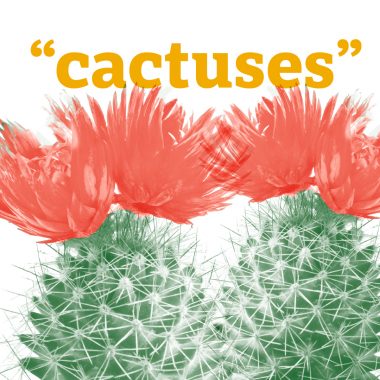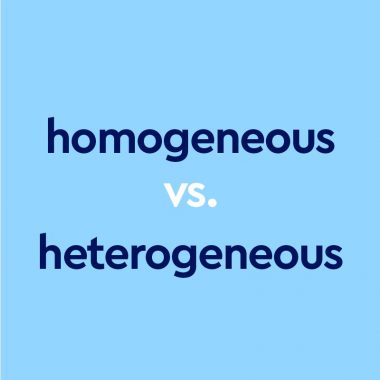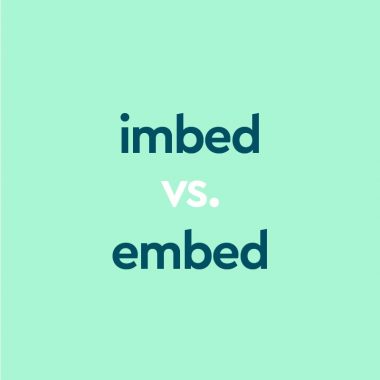Latine vs. Latinx: How And Why They’re Used
The terms we use to refer to other people—and ourselves—can communicate a lot about identity, and sometimes even a single letter can make a big difference. Perhaps you know the words Latino and Latina. But have you encountered Latinx or Latine? Even if you have, you might still be confused about why they’re used and whether there’s a difference. In this article, we’ll explain the …











